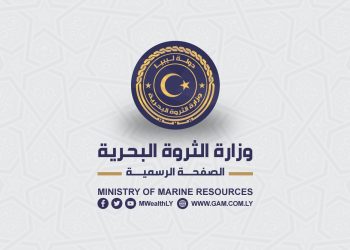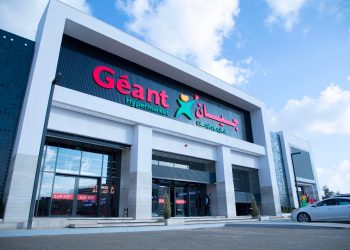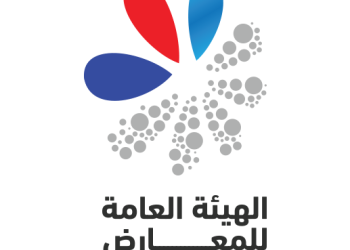By Sami Zaptia/agencies
Tripoli, April 11
A meeting was held in Benghazi on Monday 9 April headed by Rajab Khalil, the Undersecretary at . . .[restrict]the Ministry of Economy to discuss reactivating the Meresa Free Trade Zone project.
The meeting included officials from the Ministry of Finance, the managers of the Loans Guarantee Fund, the Export Promotion Council, the Privatization and Investment Board, the Urban Planning Authority and the Benghazi Chamber of Commerce.
A review of the status of the Meresa Free Zone project and of the progress achieved previously was conducted during the meeting. Undersecretary Khalil stressed the importance of this project in helping activate the local economy of Benghazi and its regions, and in its ability to create job and investment opportunities for the youth.
The Meresa Free Trade Zone project occupies a total area of about 1200 hectares and is located about 20 kilometres east of Benghazi.
Benghazi, the epicenter of the February 17 Revolution, had been subject to systematic disinvestment by the Qaddafi regime over a period of decades due to its persistent unwillingness to kowtow to his rule.
As a result of this systematic disinvestment, its people suffered greatly – probably more than any other city in Libya. This economic disenfranchisement goes a long way to explaining why it was this city that eventually erupted so dramatically in the second half of February 2011, sparking the revolution that eventually toppled the Qaddafi regime.
However, even today, over a year after the start of the revolution, many in the Benghazi region feel they are still suffering economically. This has often threatened to spill over into major social discord in the form of strikes, demonstrations and various acts of civil disobedience.
Both the NTC, despite being born in the city, and Mustafa Abdul Jalil who hails from nearby Beida, have been greatly challenged by the city and have been at their wits end to try and keep the city calm.
It is therefore seen as no surprise that the present authorities, despite the semi-official moratorium on long-term infrastructure projects, are considering the possibility of prioritizing the Meresa Free Zone project in the hope that it might relieve some of the underlying local tensions.
Tweet
[/restrict]









